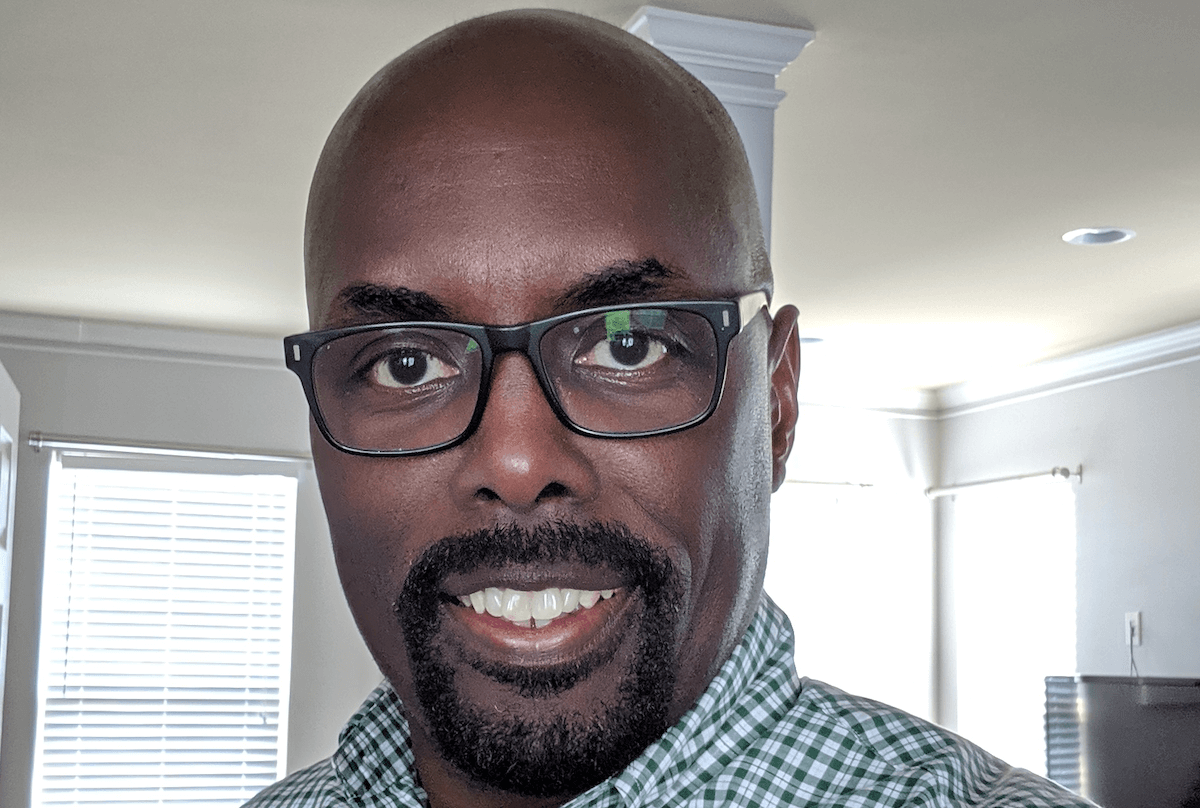Welcome to this week’s installment of the Friday Faculty Spotlight, where you get to know members of Shenandoah University’s faculty. This time, we talk to Assistant Professor of Educational Leadership and Program Coordinator for Administration and Supervision Deran R. Whitney, Ed.D. You’ll learn how his long career in PK-12 education informs his current work, how he teaches educators to be strong educational leaders, and all about his involvement with the local NAACP. You’ll also find out about his two obsessions. Enjoy!
How long have you been with Shenandoah, and what attracted you to the university?
This is my fourth year at SU and I was looking for a private university in Virginia. My niece was a nursing student at SU at the time and spoke highly of SU. Further research revealed that the university really appeared to have a welcoming environment.
What inspired you to transition from PK-12 to higher education?
It was always my goal to return to teaching upon retirement from PK-12. I had served as a classroom teacher, assistant principal, a principal, a central office coordinator, an assistant superintendent for elementary education, a deputy superintendent for curriculum and instruction and as a school superintendent. During my last three positions in PK-12, I also served as an adjunct instructor at other universities, and my goal was to teach full-time, maintaining a connection with PK-12 education. Initially, my desire was to prepare teachers but with my years of experience in school administration, I thought I was better suited to preparing school administrators. Serving as the program coordinator provides just enough administrative responsibilities along with teaching responsibilities, which makes a perfect mix for me.
The world of education is often contentious, with arguments about everything from curricula and funding to test scores and student services taking center stage at the national, state and local levels. How do you help your students learn how to be leaders who can successfully navigate this environment?
I encourage my students to maintain a focus on why they initially chose a career in education. As cliche as it may sound, for most, if not all, it is to make a difference. We often discuss the research that supports that one of the main factors for student success is the quality of the classroom teacher. As building-level administrators, they are leading and developing teachers who in turn lead and develop students. Keeping our focus on what is truly best for students helps eliminate some of the distractors.
What does it mean to be a successful educational leader?
Putting children first in all decisions, teaching and leading responsively, and maintaining the passion for what you do.
What are the qualities of such a leader and how do these leaders impact the systems they serve?
Qualities of a successful leader include “knowing your why,” which includes: why are you in the career you have chosen, what makes you excited about it, how can you build on your strengths and how can you add value? Another quality is to always set short and long-term goals, ensuring they are “SMART” – Specific, Measurable, Achievable, Realistic, and Timely. Being resilient is another quality, and one that I think is most important is maintaining high emotional intelligence. These qualities allow leaders to be very intentional and strategic leaders.
You’re also a leader in the community, having just taken on a new role with the Winchester-area NAACP. What is your role with the organization and why is it important to you to be a part of the NAACP?
I have belonged to a local branch of the NAACP for many years. When I relocated, I joined the Winchester-area branch and was, of course, a part of the education committee. This year, I became a member of the executive committee. The NAACP’s mission is much aligned with my core beliefs and current research interest, specifically equity. It has been my experience that inequities in our society have been accepted and overlooked for years. I was raised by two great parents who instilled in me the importance of community service and becoming involved to help solve problems and issues. What I admire about this NAACP branch is our focus on being proactive and developing and maintaining quality relationships with various stakeholders in our community.
What keeps you engaged as an educator?
I am committed to continuous improvement and teaching and learning. Becoming a full-time professor provides the time for laser-focused research in areas of my interest.
What’s a little-known, fun fact about yourself?
My two obsessions are my lawn and working out at the gym.
If there’s a faculty member you feel the university community needs to get to know better, just fill out the Friday Faculty Spotlight submission form. If you have any questions, please contact omc@su.edu.




